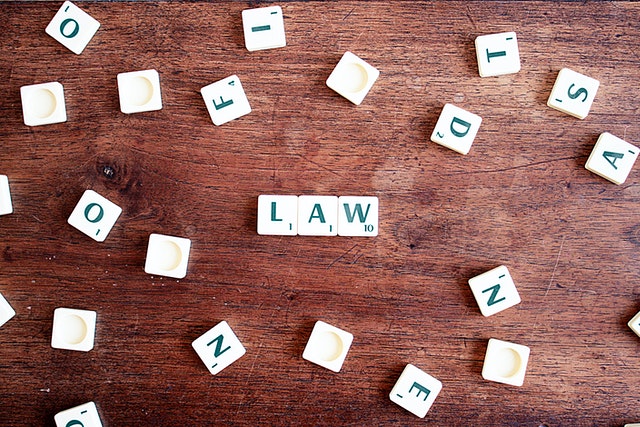What is Bail?

“Bail is a way for people who are housed in jail to get released so that they can fight their case while not in custody.“
The Basics
Bail is a way for people who are housed in jail to get released so that they can fight their case while not in custody. Appearing for court of your own accord and not in the custody of the detention facility is very helpful, even if just for appearances. Being able to wear civilian clothes instead of jail clothing looks much better in the eyes of the jury. Being out of custody on bond also gives you the opportunity to communicate with your attorney more freely and gives you more opportunity to prepare your defense as effectively as possible.
"Out on Bail"
There are conditions to being out on bail. For example, the defendant must return for all court appearances until the case is complete, the defendant must keep updated contact and address information with the courts and their bail bond agent, the defendant may not leave the state in which bail was posted without consent from the judge and bail agent. In addition the defendant must be compliant with all other bond conditions such as not getting charged with any new criminal offenses, notifying the courts and the bail bond agent of any change of address and any other conditions imposed by the courts or bail bonding agent.
Violating Bail
If bail is forfeited, meaning the defendant violated the bond conditions in some manner, the courts will issue a bench warrant for the defendant. When the defendant is arrested on said bench warrant, the courts will usually double the amount of the bond and give the defendant the opportunity to bond again. However, this will cost the defendant more money for bail, so it is very important to make it to all court appearances and comply with all conditions of bond so that they do not have to post bond again. At some point, the courts may not issue a bond and hold the defendant in custody if they fail to appear in court several times.
Missing Court
Another large downside of missing court while released on bond is that not only will the police be searching for the defendant, but the bail agent who posted the bond will send their fugitive recovery agents out to find and apprehend the defendant and return them to custody.
Paying in Full
If a defendant misses court and is not apprehended within a certain time frame set by the courts (typically 135 days) the full amount of the bail bond must be paid to the courts or the bail agent will not be able to post bonds until the defendant is back in custody or the face amount of the bond has been paid. Missing court on your bail agent is the best way to get them to pursue you and put an even larger damper on an already unfortunate situation.
Bail Helps!
Bail is a very valuable part of the judicial system, as it grants accused defendants the opportunity to continue living their life somewhat normally, and allows them the opportunity to properly prepare their legal defense. Going through a criminal case is a stressful time, but bail can make that situation much easier to deal with.
More Blogs
The Process Of An Arrest
If you have ever been arrested, you know that it can be a long and scary process. If you have never been arrested, it can make that process even worse. In this article, we discuss what happens during the process of an arrest so you have an idea of what to expect.
What Is A Fugitive Recovery Agent?
Court rolls around, they are nowhere to be found, and now the system says that you are responsible for paying the full bail amount. What do you do?
The Top 4 Myths Surrounding Bail
If you have been arrested or are simply inquiring about information concerning the bail process, you have most likely heard myths about bail.



